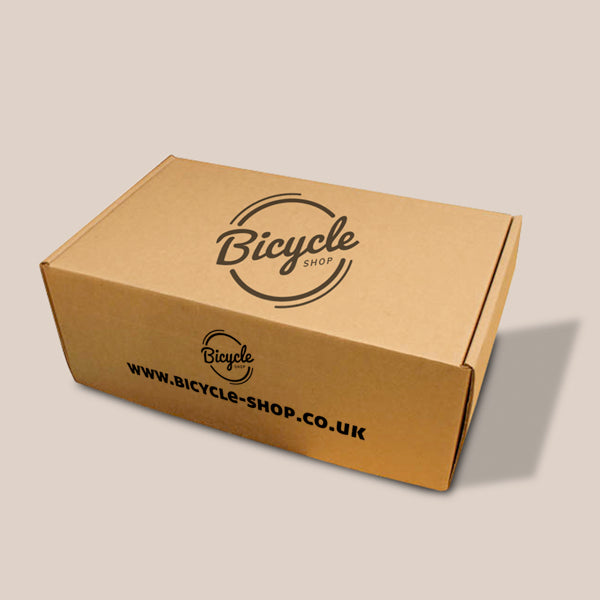The Rise of Disposable Wooden Forks A Sustainable Alternative
In today’s fast-paced world, convenience often comes at the cost of the environment. With the growing concern about plastic pollution, many consumers and businesses are seeking alternatives to single-use plastic utensils. One such alternative that has gained popularity is the disposable wooden fork. These biodegradable utensils not only provide a practical solution for on-the-go dining but also align with the principles of sustainability and environmental stewardship.
Understanding Disposable Wooden Forks
Disposable wooden forks are made from natural wood, typically sourced from sustainably managed forests. Unlike their plastic counterparts, these forks are fully biodegradable. They break down naturally over time, significantly reducing the environmental footprint associated with disposal. This is a crucial aspect, considering that plastic utensils can take hundreds of years to decompose, polluting our landfills, oceans, and waterways in the process.
The production of wooden forks typically involves minimal processing. The wood is cut into shapes, often with minimal adhesives or chemicals, which makes it a more eco-friendly option. Various types of wood are used, with birch being one of the most common due to its sturdy nature and lightweight characteristics. These properties make wooden forks suitable for a variety of food types, from salads to barbecued meats.
The Environmental Benefits
The environmental benefits of using disposable wooden forks are significant. Firstly, they reduce plastic waste, which is one of the most pressing issues affecting our planet today. According to reports, millions of tons of plastic are dumped into oceans every year, threatening marine life and ecosystems. By switching to biodegradable options like wooden utensils, we can help decrease the overall volume of plastic waste.
Secondly, wooden forks are made from renewable resources. As long as forests are managed sustainably, the materials sourced for wooden products can be replaced. This contrasts sharply with the fossil fuels used to create plastic utensils, which are finite and contribute to greenhouse gas emissions when produced and disposed of.
disposable wooden fork

The Economic Impact
As consumers become more environmentally conscious, there is a rising demand for sustainable products. This shift has created economic opportunities in the production of disposable wooden forks. Companies that specialize in eco-friendly products are experiencing growth, leading to job creation in both manufacturing and distribution.
Moreover, many restaurants and food service providers are opting for wooden utensils as part of their commitment to sustainability. By offering biodegradable products, these businesses can appeal to a growing market of eco-conscious consumers. This not only enhances their brand image but also encourages a circular economy where sustainable practices are prioritized.
Consumer Perception and Acceptance
The acceptance of wooden forks by consumers has been largely positive. Many people appreciate the natural aesthetic and feel of wooden utensils, finding them more pleasing than plastic. The fact that they are sturdy and functional also contributes to their popularity. Wooden forks can handle various food types without snapping or bending, making them a reliable choice at picnics, events, and food trucks.
However, some consumers may have concerns regarding the cost and availability of these wooden utensils compared to cheap plastic alternatives. While it is true that wooden forks may be slightly more expensive upfront, the long-term environmental benefits and the growing trend toward sustainability often justify the investment for many consumers.
Conclusion
In conclusion, disposable wooden forks represent a promising solution to the challenges posed by plastic pollution. Their biodegradable nature, made from renewable resources, makes them an appealing choice for consumers seeking environmentally friendly alternatives. As more people and businesses recognize the importance of sustainability, the demand for disposable wooden utensils like these is likely to continue growing. By making small changes, such as choosing wooden forks over plastic, individuals can contribute to a larger movement towards a cleaner and healthier planet. Embracing these eco-friendly options is not just a trend; it’s a step towards ensuring a sustainable future for generations to come.



